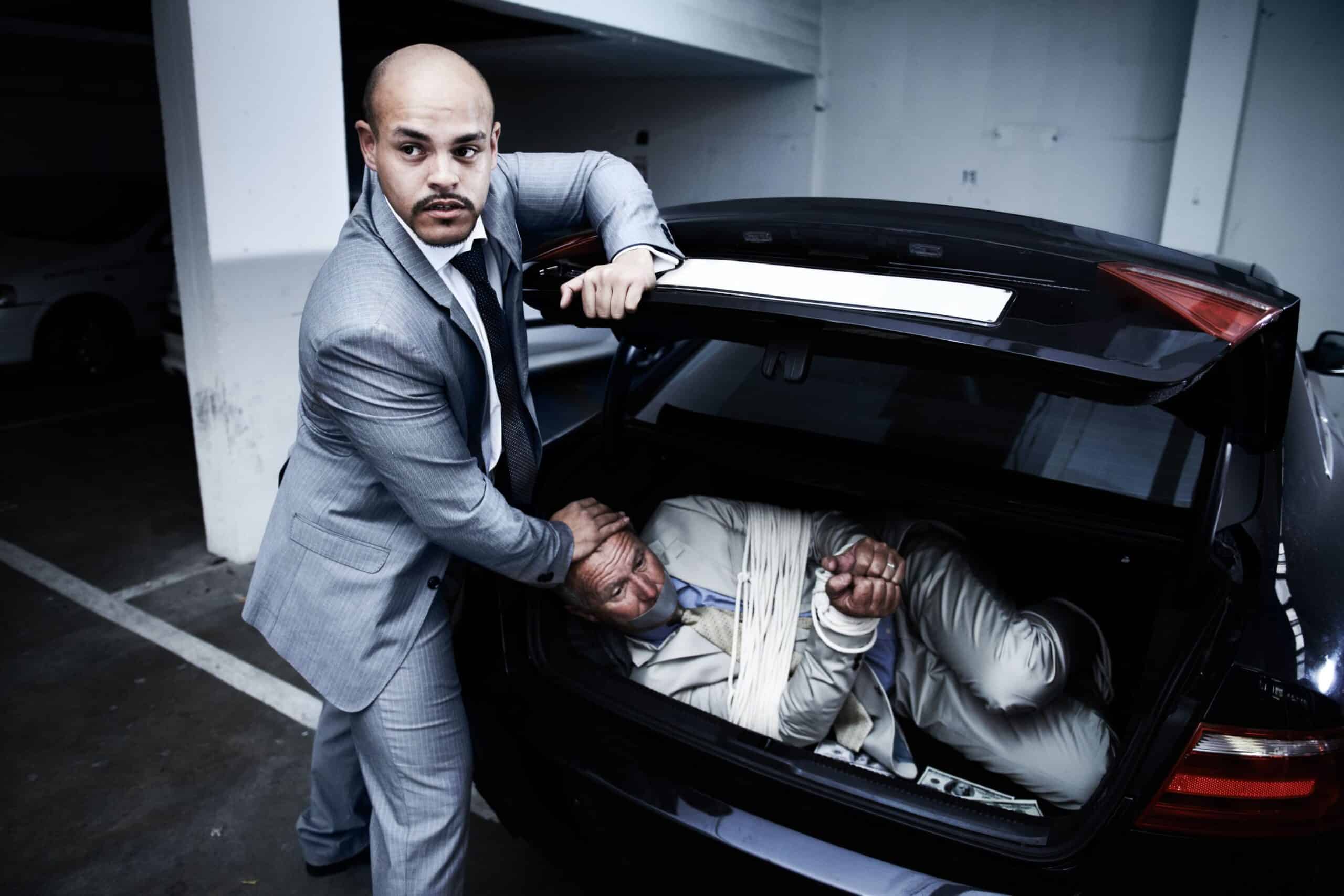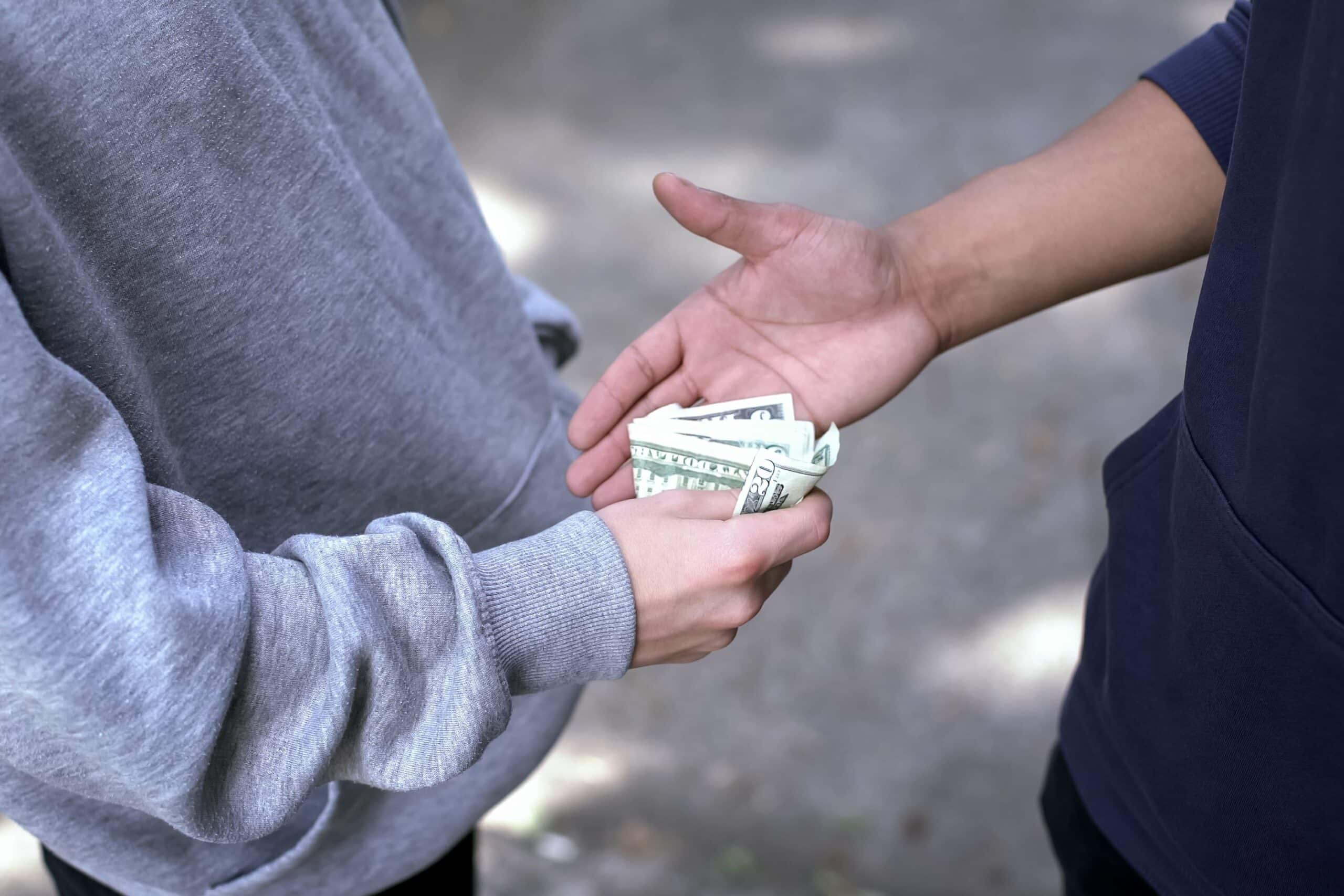How Are Illegal Prescriptions Handled in MN?

Andrew & Poole, P.A.
Regarding drug crimes in Minnesota, even prescribed drugs can lead to severe penalties.
When the police are examining drug trafficking or possession crimes, they look at the type of drug involved in the case and the amount in possession at the time of the arrest. Although many people legitimately fill prescriptions for controlled substances daily across the state, there’s a fine line regarding the legality of prescribed medications. And with the opioid epidemic raging, law enforcement in the state is trying to crack down on those who have prescription drugs illegally.
Here is how prescription drug trafficking and possession crimes get handled in Minnesota and the penalties a person can expect to face if accused of crimes involving these substances.
Controlled Substances Act
In many places, including Minnesota, prescribed medications comply with the federal government’s Controlled Substances Act. This Act places different controlled substances on schedules. Their schedule depends on whether there are any established medical uses for the prescribed medication and how high their potential for addiction and abuse is. Opioids, for example, are Schedule II drugs, while marijuana is a Schedule I drug. The higher the drug’s schedule, the more seriously it is treated by law enforcement and the more severe penalties you face.
Prescription Drug Crimes in Minnesota
If caught with prescription drugs such as opioids in Minnesota, the penalties you face depend on a few different things. Are you the dealer or the buyer? How much of the substance do you have in your possession? What do you intend to do with the prescribed drugs?
If convicted of trafficking or possession felonies involving opioids in Minnesota, then you can face as much as 25 years in prison and be ordered to pay fines upwards of $500,000.
For those convicted of selling a Schedule II substance like opioids to a minor or in a drug-free zone, you can face as many as 25 years behind bars and hundreds of thousands of dollars in fines. It can be a second-degree felony or a third-degree felony in some cases, which still carries a very steep sentence of up to 20 years in prison.

If you have any amount of a Schedule II substance in your possession and don’t have the proper prescription, but police believe you had the intent to sell them, then you can still go to prison for 15 years and pay $100,000 in fines. Even many of these substances in your possession for personal use without a prescription is a fifth-degree felony, which can send you to prison for up to five years and make you responsible for $10,000 in fines.
If you have a drug that requires a doctor’s prescription and don’t have one, then it’s illegal – and you will face legal consequences.
If you or someone you love is confronting charges for drug crimes in Minnesota, then you need help. Make sure to bring an experienced attorney onto your case to help you not only understand the charges against you but also understand what your rights are.
About the Author:
A former Assistant Public Defender for the Sixth Judicial District in Duluth and former staff attorney for the Indian Legal Assistance Program, Brent R. Olson is an experienced trial lawyer who has appeared in every Courthouse in the Sixth Judicial District and taken over three dozen cases to verdict. At LaCourse, Poole & Envall, Mr. Envall focuses on family law, workers’ compensation, and criminal defense. He has a strong belief in restorative justice and helped to develop the Domestic Violence Restorative Circles program.
















